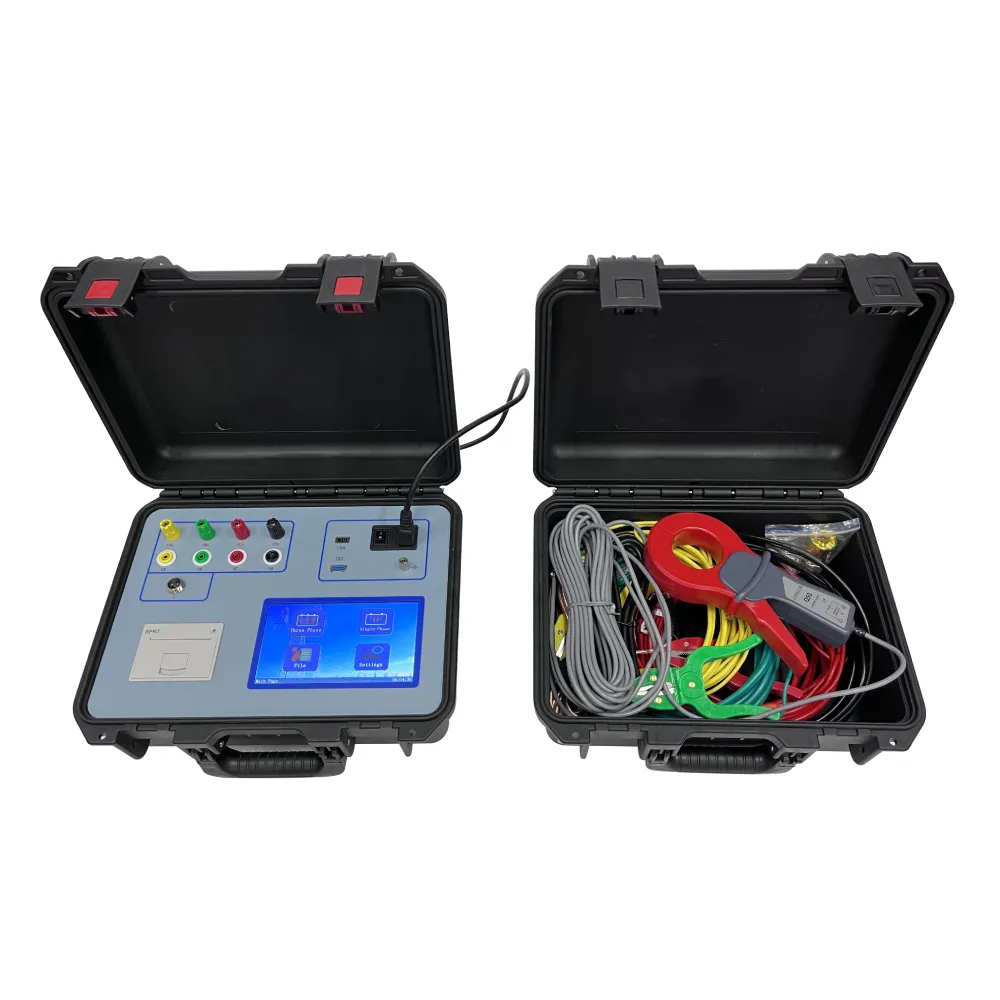 English
English



-
 Afrikaans
Afrikaans -
 Albanian
Albanian -
 Amharic
Amharic -
 Arabic
Arabic -
 Armenian
Armenian -
 Azerbaijani
Azerbaijani -
 Basque
Basque -
 Belarusian
Belarusian -
 Bengali
Bengali -
 Bosnian
Bosnian -
 Bulgarian
Bulgarian -
 Catalan
Catalan -
 Cebuano
Cebuano -
 China
China -
 China (Taiwan)
China (Taiwan) -
 Corsican
Corsican -
 Croatian
Croatian -
 Czech
Czech -
 Danish
Danish -
 Dutch
Dutch -
 English
English -
 Esperanto
Esperanto -
 Estonian
Estonian -
 Finnish
Finnish -
 French
French -
 Frisian
Frisian -
 Galician
Galician -
 Georgian
Georgian -
 German
German -
 Greek
Greek -
 Gujarati
Gujarati -
 Haitian Creole
Haitian Creole -
 hausa
hausa -
 hawaiian
hawaiian -
 Hebrew
Hebrew -
 Hindi
Hindi -
 Miao
Miao -
 Hungarian
Hungarian -
 Icelandic
Icelandic -
 igbo
igbo -
 Indonesian
Indonesian -
 irish
irish -
 Italian
Italian -
 Japanese
Japanese -
 Javanese
Javanese -
 Kannada
Kannada -
 kazakh
kazakh -
 Khmer
Khmer -
 Rwandese
Rwandese -
 Korean
Korean -
 Kurdish
Kurdish -
 Kyrgyz
Kyrgyz -
 Lao
Lao -
 Latin
Latin -
 Latvian
Latvian -
 Lithuanian
Lithuanian -
 Luxembourgish
Luxembourgish -
 Macedonian
Macedonian -
 Malgashi
Malgashi -
 Malay
Malay -
 Malayalam
Malayalam -
 Maltese
Maltese -
 Maori
Maori -
 Marathi
Marathi -
 Mongolian
Mongolian -
 Myanmar
Myanmar -
 Nepali
Nepali -
 Norwegian
Norwegian -
 Norwegian
Norwegian -
 Occitan
Occitan -
 Pashto
Pashto -
 Persian
Persian -
 Polish
Polish -
 Portuguese
Portuguese -
 Punjabi
Punjabi -
 Romanian
Romanian -
 Russian
Russian -
 Samoan
Samoan -
 Scottish Gaelic
Scottish Gaelic -
 Serbian
Serbian -
 Sesotho
Sesotho -
 Shona
Shona -
 Sindhi
Sindhi -
 Sinhala
Sinhala -
 Slovak
Slovak -
 Slovenian
Slovenian -
 Somali
Somali -
 Spanish
Spanish -
 Sundanese
Sundanese -
 Swahili
Swahili -
 Swedish
Swedish -
 Tagalog
Tagalog -
 Tajik
Tajik -
 Tamil
Tamil -
 Tatar
Tatar -
 Telugu
Telugu -
 Thai
Thai -
 Turkish
Turkish -
 Turkmen
Turkmen -
 Ukrainian
Ukrainian -
 Urdu
Urdu -
 Uighur
Uighur -
 Uzbek
Uzbek -
 Vietnamese
Vietnamese -
 Welsh
Welsh -
 Bantu
Bantu -
 Yiddish
Yiddish -
 Yoruba
Yoruba -
 Zulu
Zulu
ground impedance tester
Understanding Ground Impedance Testers Importance and Applications
Ground impedance testers are crucial instruments in electrical engineering, primarily used for measuring the resistance and impedance of grounding systems. These devices play a vital role in ensuring both safety and operational efficiency in various electrical installations, particularly in the utility and telecommunications sectors.
What is Ground Impedance?
Ground impedance refers to the resistance encountered by electric current when it flows through the ground or an earthing system. It is essential for ensuring that electrical installations have a reliable path for fault currents to dissipate safely into the earth, thereby minimizing the risk of electric shock or fire hazards. Grounding systems are designed to help protect equipment and personnel by providing a low-resistance path for excess currents during faults.
How Does a Ground Impedance Tester Work?
Ground impedance testers operate using ohm's law and the principle of electrical measurement. These devices typically apply an alternating current (AC) or direct current (DC) into the ground and measure the voltage drop that occurs as the current flows through the ground system. By analyzing the resultant data, the tester can accurately calculate the impedance of the grounding system.
Most modern ground impedance testers come equipped with features such as automatic ranging, data logging, and connectivity options for easy analysis and documentation. Additionally, they often include graphical interfaces that help technicians visualize their readings for better understanding and reporting.
Importance of Regular Testing
Regular testing of grounding systems is important for several reasons
ground impedance tester

1. Safety The primary purpose of grounding is to protect personnel from electrical shock. A proper grounding system dramatically reduces the risk of accidents in the presence of high voltages.
2. Equipment Protection Many electronic devices are sensitive to power surges and faults. Ground impedance testers help ensure that grounding systems can adequately prevent damage to sensitive equipment.
3. Regulatory Compliance Many industries are governed by strict safety and technical standards. Regular ground testing ensures compliance with regulations, helping organizations avoid fines and misalignment with safety norms.
4. Performance Optimization Over time, ground systems can degrade due to soil conditions, corrosion, or construction activities. Regular testing provides insights into the performance of grounding systems and highlights the need for maintenance or upgrades.
Applications of Ground Impedance Testers
Ground impedance testers are widely used across various sectors. In the utility industry, they are critical for substations, transmission lines, and distribution networks. In telecommunications, grounding systems protect communication lines from surges caused by lightning or other electrical disturbances. Additionally, they play a crucial role in industrial plants, data centers, and commercial buildings where sensitive electronic equipment is prevalent.
Conclusion
In conclusion, ground impedance testers are essential tools that contribute significantly to the safety and reliability of electrical systems. By providing accurate measurements of grounding effectiveness, these devices help engineers and technicians maintain proper grounding protocols—protecting both people and equipment from potential hazards related to electrical faults. Regular testing is not only a best practice but also a necessity for ensuring operational integrity across various industries.
-
Transformer Test Essentials: Insulating Oil Tester and TypesNewsMay.30,2025
-
Grease Testers and Oil Determination OverviewNewsMay.30,2025
-
Exploring Electricity Usage Testers and GeneratorsNewsMay.30,2025
-
Essential Guide to Transformer Oil Testing ToolsNewsMay.30,2025
-
Ensuring Safety with a Circuit Breaker FinderNewsMay.30,2025
-
Electrical Safety Tools Hipot, Dielectric, VLF TestersNewsMay.30,2025



